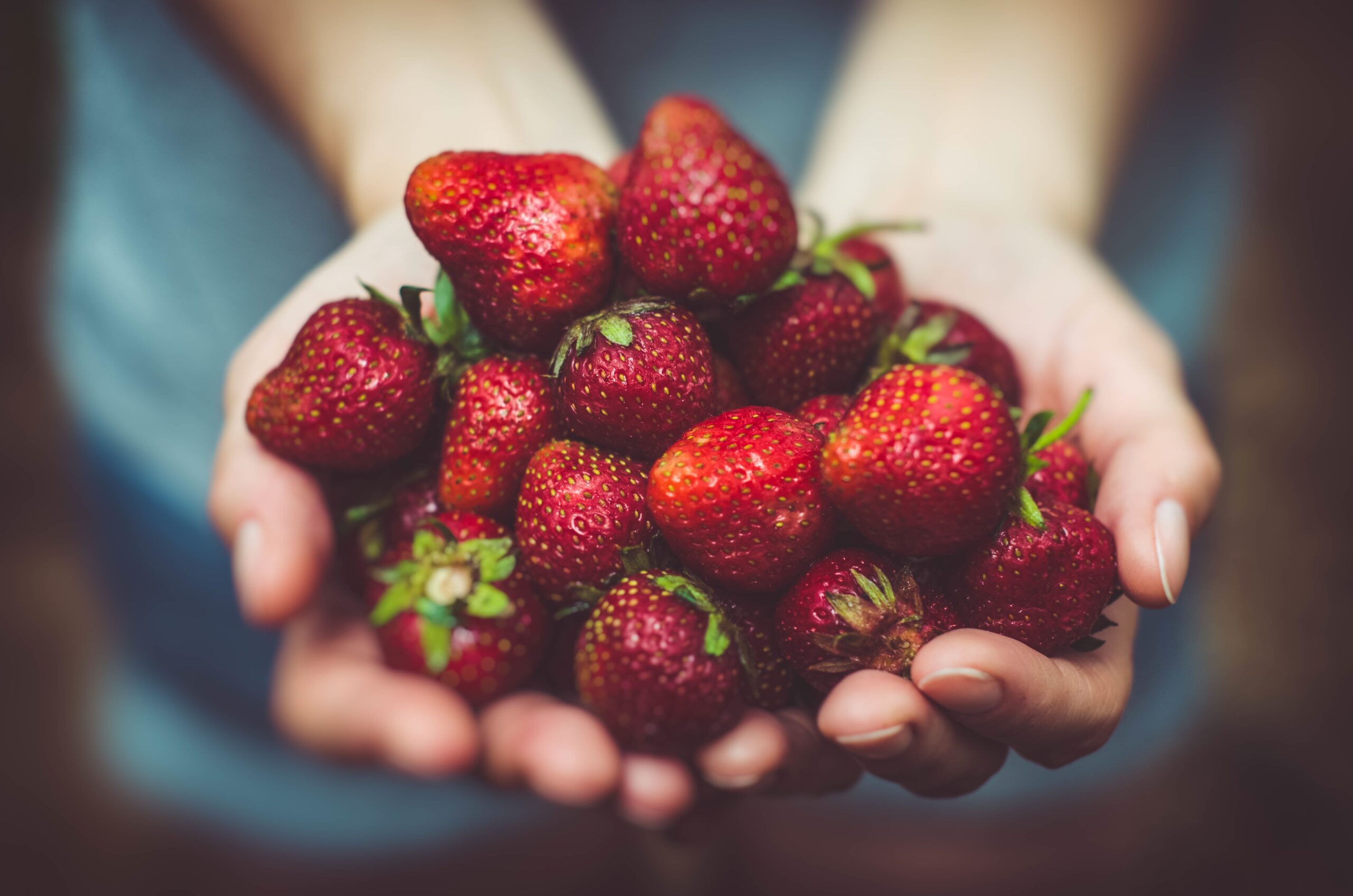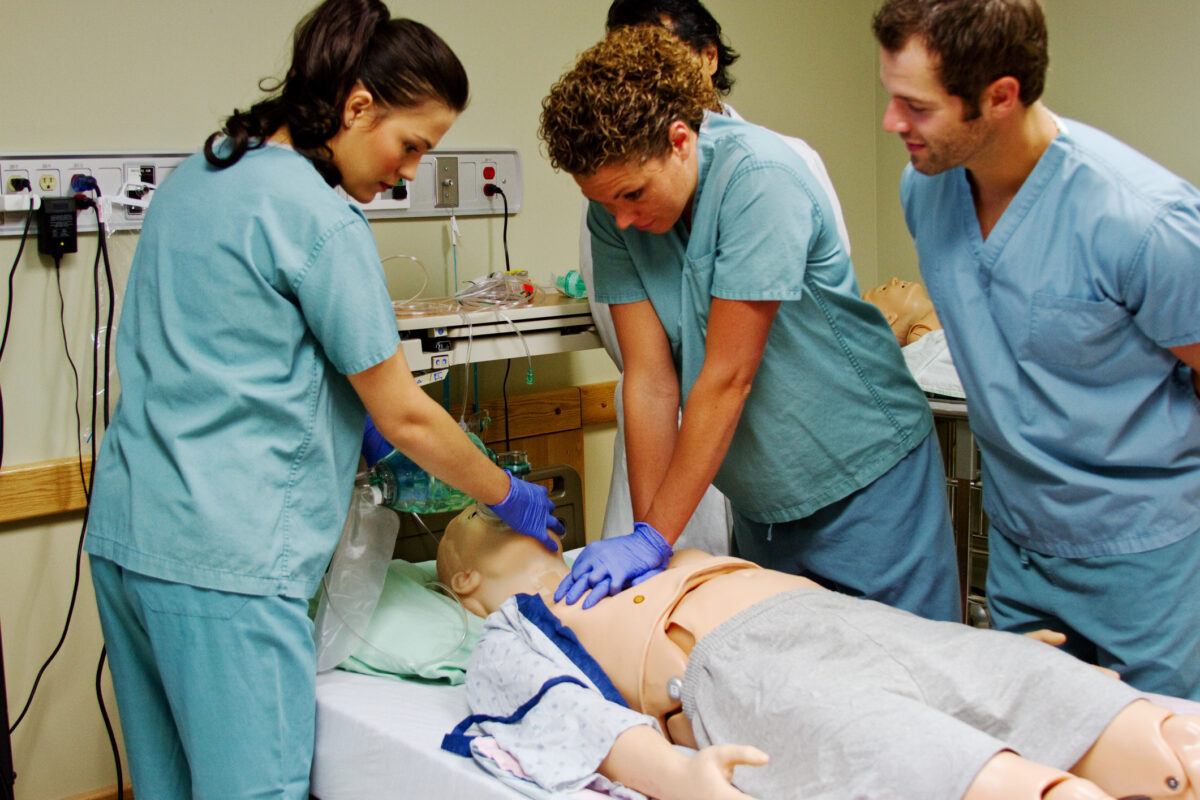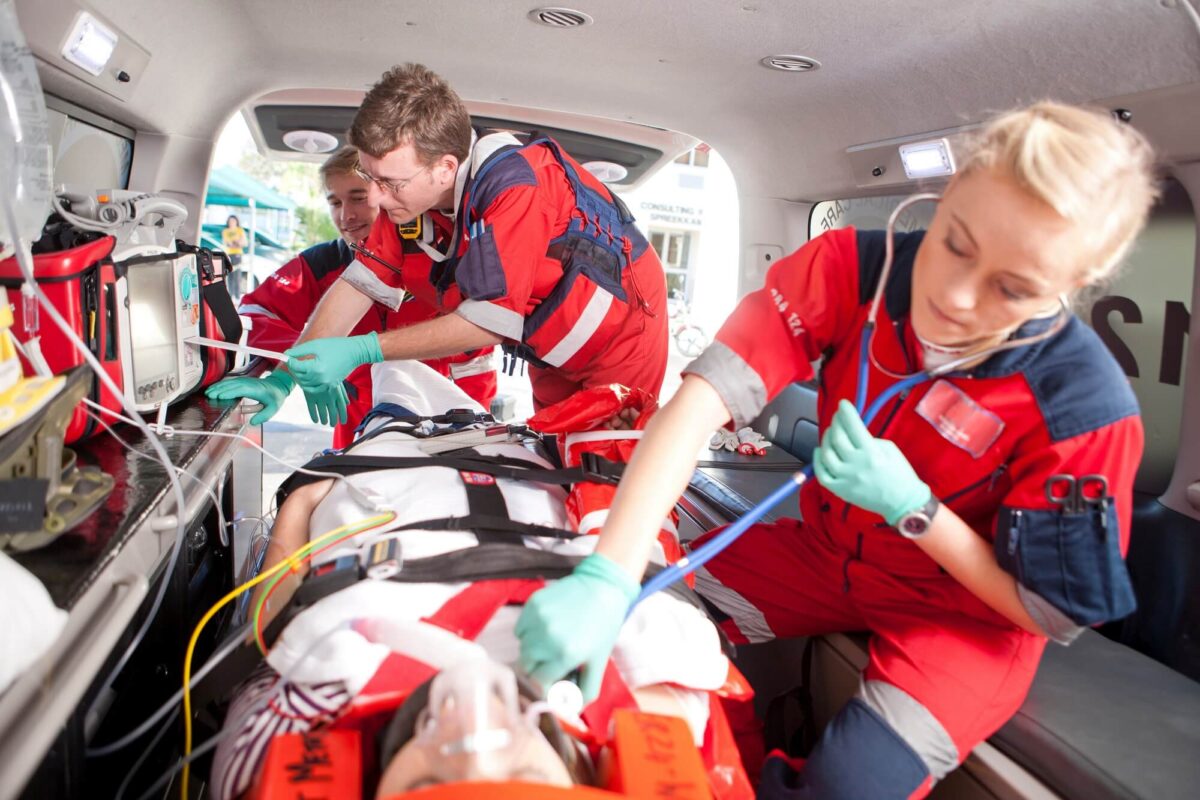
The Impact of Climate change has a significant impact on food safety, as it affects all stages of the food chain, from production to consumption. Here are some ways in which climate change affects food safety
• Changes in temperature and precipitation patterns can alter the distribution and prevalence of foodborne pathogens. For example, warmer temperatures can lead to increased growth of certain bacteria, such as Salmonella and E. coli, in crops and
Animals.
• Changes in weather patterns, such as extreme weather events like floods and droughts, can affect food production and storage. The Impact of Climate change will Floods can contaminate crops with bacteria and chemicals, while droughts can lead to food shortages and increased risk of foodborne illness due to inadequate water supply for cleaning and cooking
• Climate change can also affect the quality and safety of water sources used in food production and processing. Rising temperatures can increase the risk of harmful algal blooms in bodies of water, which can contaminate seafood and drinking water.
• Changes in climate can affect the distribution and abundance of pests, which can affect crop yields and increase the use of pesticides and other chemicals, leading to potential health risks for consumers.
• Changes in the timing of growing seasons and crop yields can impact food availability and prices, which can affect food security and access to safe and nutritious food.
 The Impact of Climate change has a significant impact on food safety, as it affects all stages of the food chain, from production to consumption. Here are some ways in which climate change affects food safety
The Impact of Climate change has a significant impact on food safety, as it affects all stages of the food chain, from production to consumption. Here are some ways in which climate change affects food safety
 Consultation and Implementation
Consultation and Implementation LEVEL 3 INTERNATIONAL AWARD IN FIRST AID AT WORK AND USE OF AED(HABC)
LEVEL 3 INTERNATIONAL AWARD IN FIRST AID AT WORK AND USE OF AED(HABC) LEVEL 3 INTERNATIONAL AWARD IN EMERGENCY FIRST AID AND USE OF AN AED WITH CPR FOR ALL AGES(HABC)
LEVEL 3 INTERNATIONAL AWARD IN EMERGENCY FIRST AID AND USE OF AN AED WITH CPR FOR ALL AGES(HABC) LEVEL 3 INTERNATIONAL AWARD IN EMERGENCY FIRST AID WITH CPR, FOR ALL AGES(HABC)
LEVEL 3 INTERNATIONAL AWARD IN EMERGENCY FIRST AID WITH CPR, FOR ALL AGES(HABC) LEVEL 3 INTERNATIONAL AWARD IN PAEDIATRIC FIRST AID AND USE OF AN AED(HABC)
LEVEL 3 INTERNATIONAL AWARD IN PAEDIATRIC FIRST AID AND USE OF AN AED(HABC) LEVEL 3 INTERNATIONAL AWARD IN EMERGENCY FIRST AID AT WORK, AND USE OF AN AED(HABC)
LEVEL 3 INTERNATIONAL AWARD IN EMERGENCY FIRST AID AT WORK, AND USE OF AN AED(HABC) LEVEL 3 INTERNATIONAL AWARD IN EMERGENCY FIRST AID AT WORK(HABC)
LEVEL 3 INTERNATIONAL AWARD IN EMERGENCY FIRST AID AT WORK(HABC) HEARTSAVER PEDIATRIC FIRST AID CPR, AED (AHA)
HEARTSAVER PEDIATRIC FIRST AID CPR, AED (AHA)